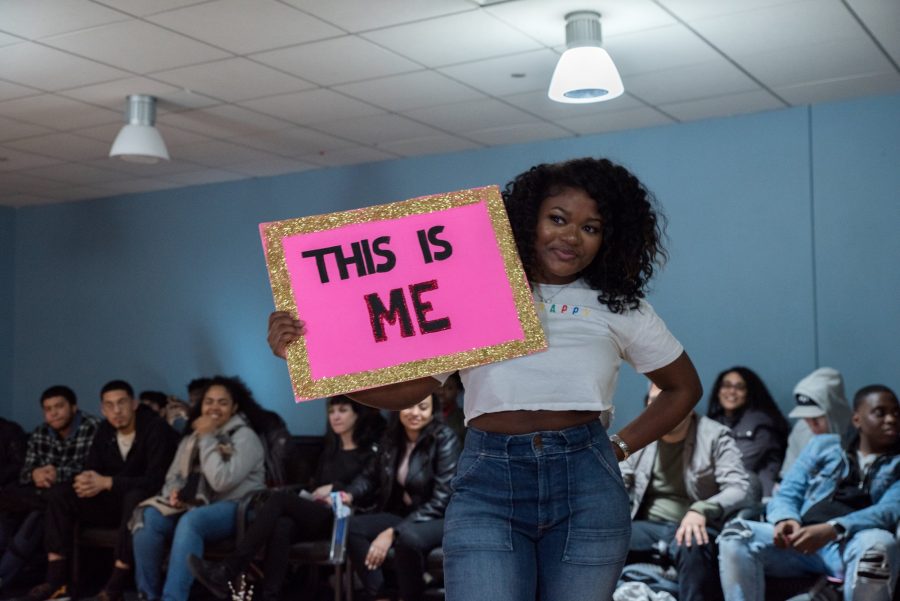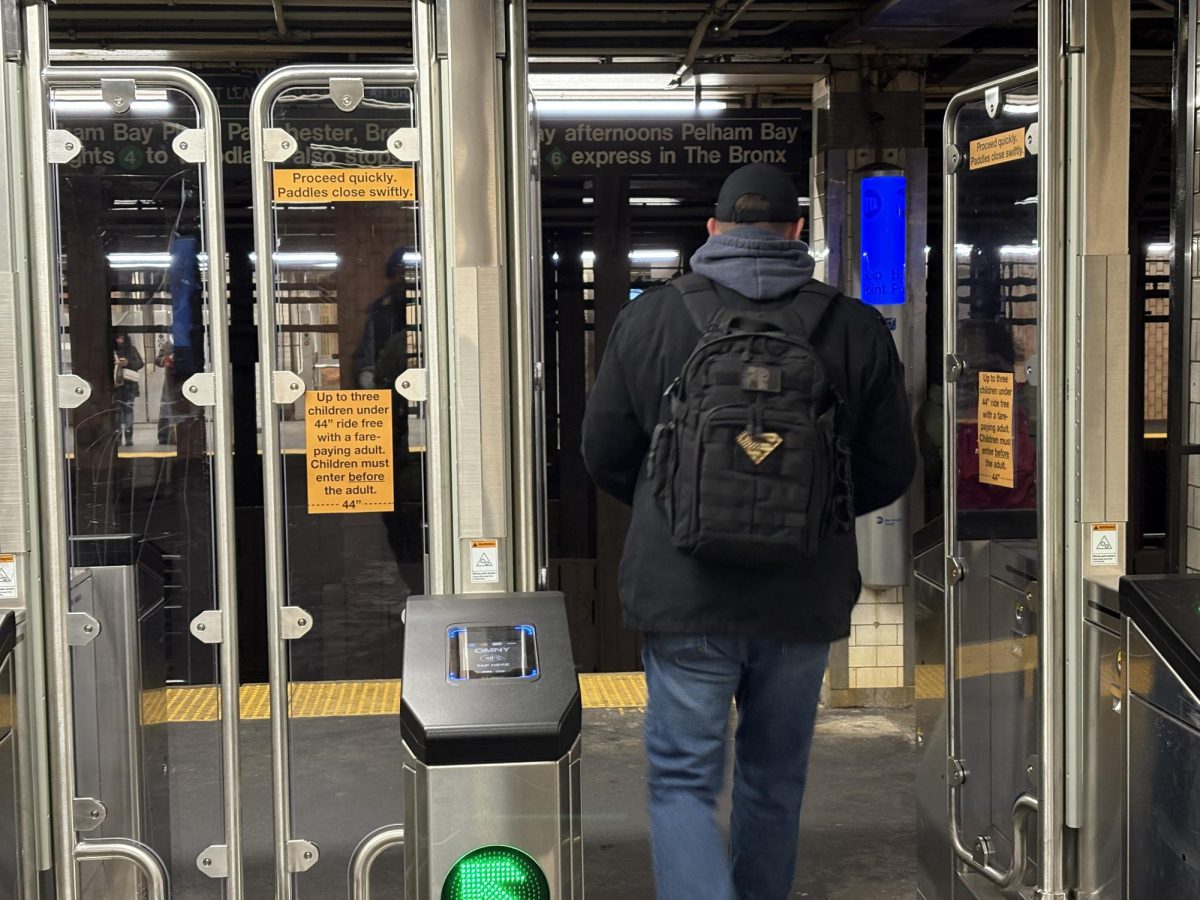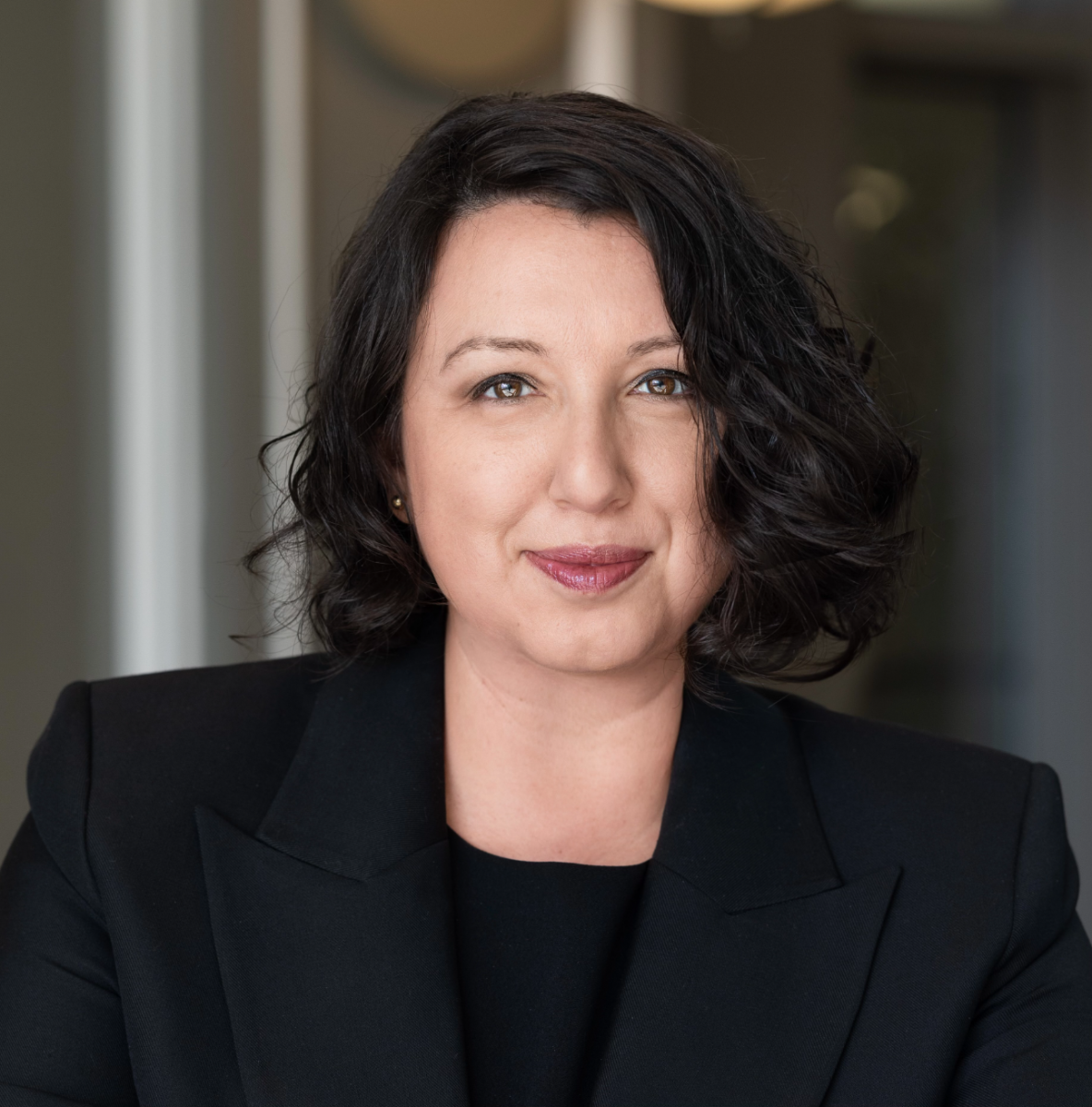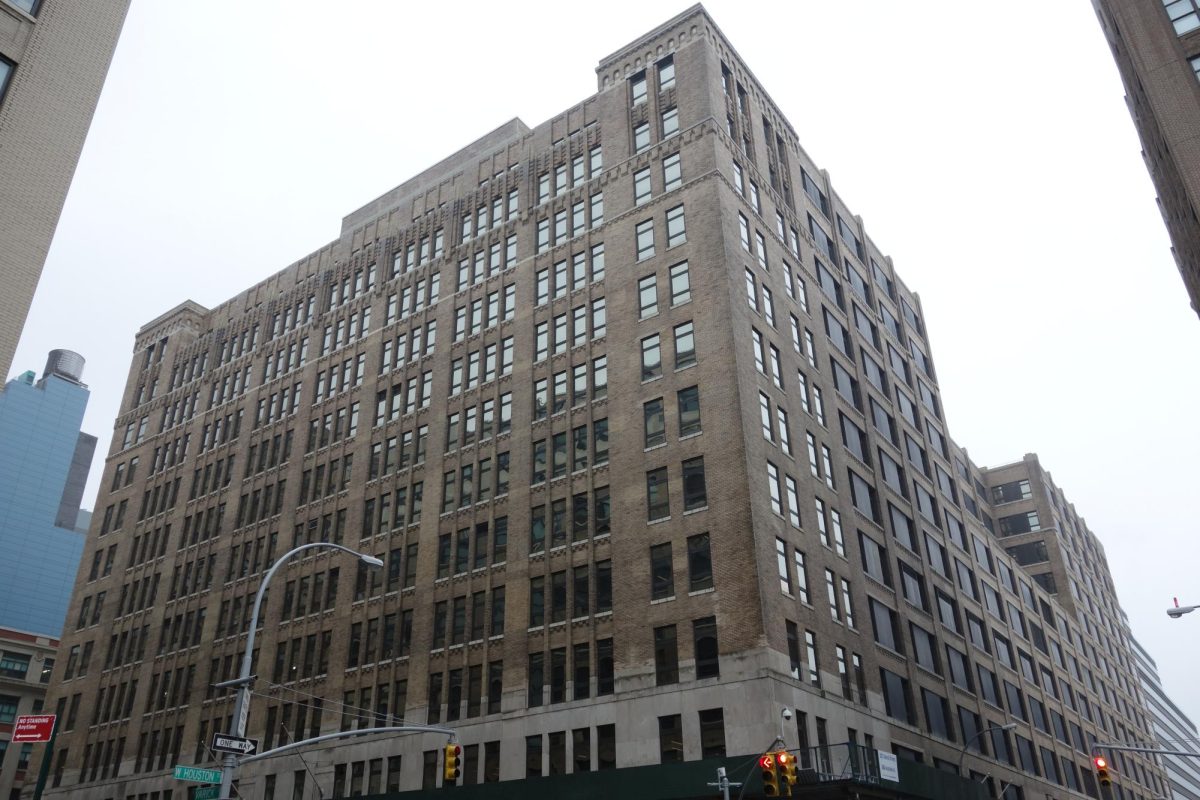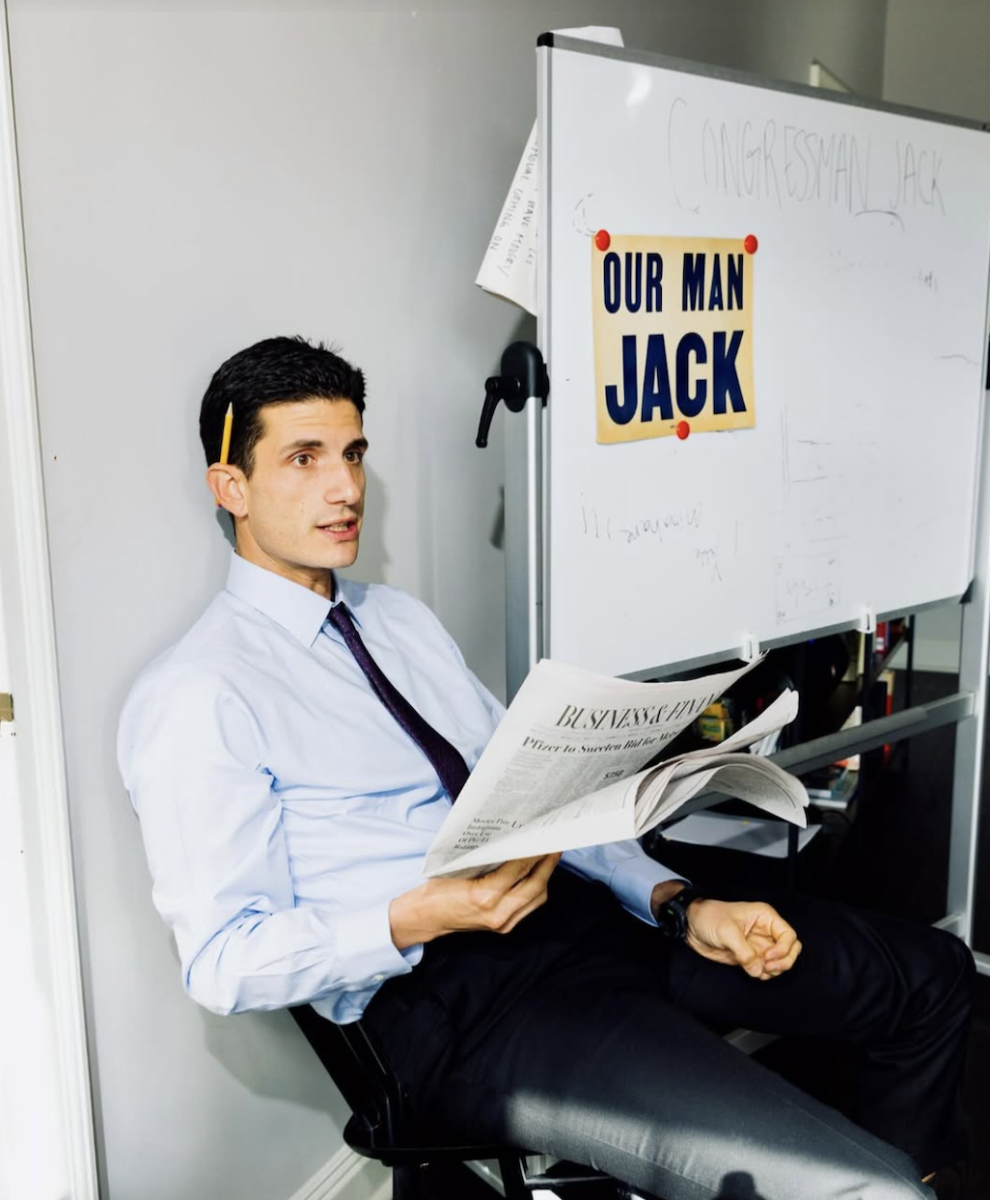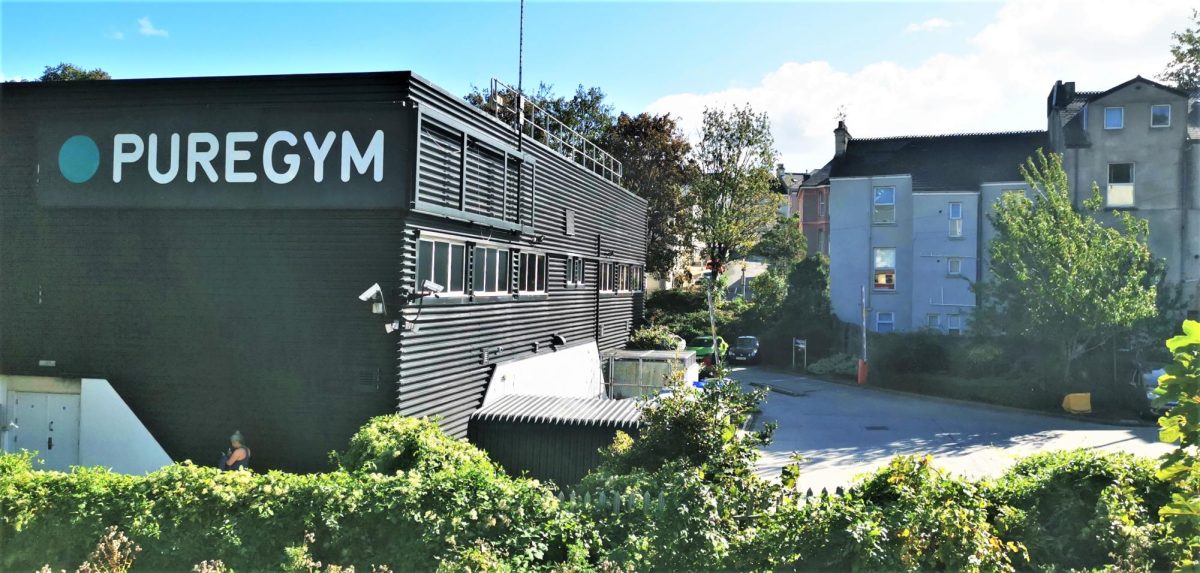Baruch College club Women Empowered for Success hosted a fashion show on March 19, using the outfits in the show to highlight that female fashion choices should not lead to sexual assault and rape culture.
The models dressed up in a variety of outfits ranging from very sexy party dresses to very loose-fitting gym outfits while holding signs that read, “This is not an invitation,” “I wear what I want,” and, “This is me.”




The fashion show was followed by a panel discussion with guest speaker Jeenie Yoon from the New York City Alliance Against Sexual Assault.
“It is really uplifting to see men and women here, especially men and it was mix-gender, which was really great,” Yoon said.
“The first phrase that comes to mind is lift as you climb. … With women, we are already kept down by the patriarchy and by homophobias, transphobias and all these different-isms, so I love the idea that as you are climbing up the ladder, to bring women with you.”
A rape culture video was shown to the audience to emphasize the rape culture we live in, which deals with not just catcalling on the streets but also blaming the victim as though one “provoked the abuser.”
“I remember it like it was yesterday,” said a lady in the video who opened up about how women have to deal with negative and sexual comments on a daily basis and how the comments can lead to terrible situations.
The video also pinpointed the ideology of how “boys will be boys” and that it is no longer acceptable as an excuse.
During the event, the audience brought up the idea that it is not just men who are commenting on the way women dress and how their fashion could be “provoking the abuser,” but that there are still women who judge one another and by doing so, are accepting the idea that fashion can provoke an abuser to take unwanted actions.
The audience also unanimously supported the idea that women must empower and lift up one another.
“You are empowering not only yourself, you are also empowering the economy by empowering women,” Yoon said.
The executive board of WES read out loud poetry of Rupi Kaur and Julie Martinez that emphasized how women should accept their bodies, including their stretch marks and imperfections because all women should feel beautiful and confident in their own skin.
The audience also participated in the poetry reading by contributing poetry on female empowerment and feeling beautiful in one’s own skin.
“It was really empowering and good for every one of every gender; I was hearing men looked empowered at the same time as women were feeling empowered,” said Yoon.
“People were not calling each other out but kind of calling each other in, which is very rare because especially nowadays we are used to a public-shaming culture.”
During the panel discussion, Yoon pointed out we must reject the historical and systematic order that made women feel unsafe and uncomfortable.
She brought up the example that oftentimes in movies, in a horror film or a drama, for example, where women are shown getting raped or sexually harassed and it is usually in comedies where men get sexually assaulted by women.
“We are conditioned to laugh at it,” said Yoon. “Take a minute and think about how we might be contributing to that status quo.”
“We got to see both sides of the story, it is not only about women getting harassed but men do also get harassed,” said WES Treasurer Kimberly Perez.
“They have emotions too just like us so it was such a big picture.”
At the end of the event, the audience was asked if anybody had ever been catcalled on the street and if it made them feel uncomfortable and unsafe. All the women in the room raised their hands.
For the men, a few raised their hands for being catcalled on the street but nobody kept their hands up when it came to the question of feeling unsafe.
President of WES Nicole Astudillo was very happy with the turnout and how everyone participated so willingly and voluntarily.
“It turned out amazing and I love the fact that everyone left with a message and an action plan,” said Astudillo, adding, “There is a part two now — taking that action right outside and implementing what you learned.”
“We should just advocate for women wearing whatever they want — home clothes, loose-fitting things or something I was wearing, a party outfit and we are not asking for anything, flirting or touching, when it is not asked for,” said Astudillo.
“It is not an invitation. I dress the way I want because I feel good and this is the way I express myself through my attire.”


